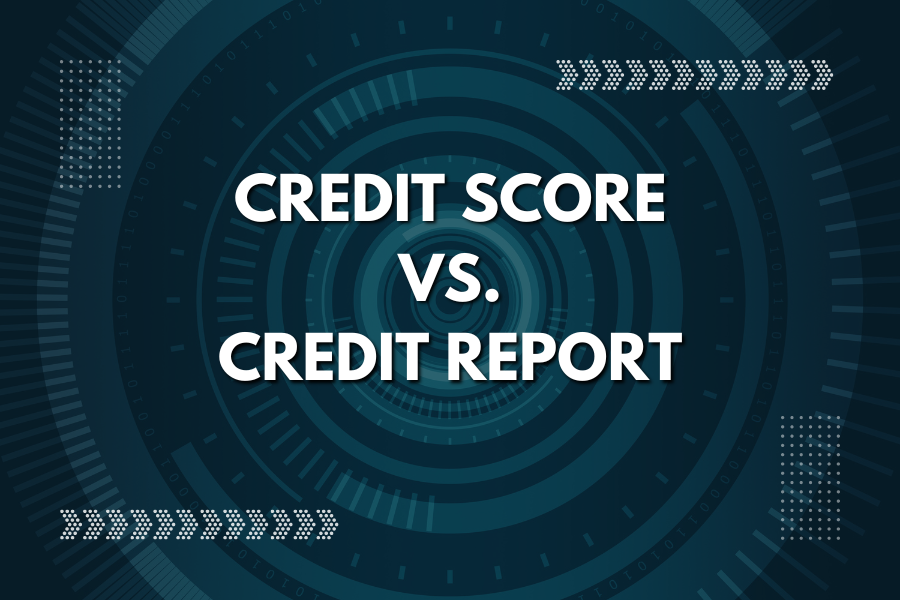Your credit history is an important factor that can impact your ability to obtain credit, loans, or even certain jobs. It’s essential to understand the difference between your credit report vs. credit score to effectively manage your financial wellbeing.
What is a Credit Report?
A credit report is a comprehensive record of your financial history. It contains details on all your open and closed credit accounts, including credit cards, loans, and mortgages. Credit reports also include information on your payment history, the age of your accounts, and any outstanding debts or collections. Public records, such as bankruptcies or liens, may also be included in your credit report.
Credit reports are maintained by three major credit bureaus: Equifax, Experian, and TransUnion. Lenders and creditors use credit reports to determine your creditworthiness when you apply for credit or a loan. Your credit report is a crucial aspect of your financial history, and it’s essential to keep it accurate and up-to-date.
What is a Credit Score?
Your credit score is a three-digit number that summarizes your creditworthiness. Credit scores are based on the information contained in your credit report. There are several types of credit scores, but the most common is the FICO score, which ranges from 300 to 850.
Credit scores are calculated by taking into account various factors such as your payment history, the amount of debt you owe, the length of your credit history, and recent credit inquiries. Higher credit scores indicate that you are a more responsible borrower and are more likely to be approved for credit or loans with favorable terms.
Lenders use credit scores to determine your creditworthiness, the interest rate you'll receive on loans or credit cards, and the amount of credit you can obtain. Credit scores can also impact your ability to rent a home or get a job in some industries.
What is the Difference Between a Credit Report and a Credit Score?
The primary difference between a credit report and a credit score is that a credit report is a detailed record of your credit history. A credit score is a numerical representation of your creditworthiness.
Your credit report contains all the information that goes into calculating your credit score, but it also includes additional information such as public records and collections. Your credit score is based solely on the information contained in your credit report.
In conclusion
Understanding the difference between your credit report and credit score is essential for managing your financial health. Both your credit report and credit score play a significant role in your ability to obtain credit, loans, and even certain jobs. By keeping your credit report accurate and your credit score healthy, you can improve your financial wellbeing and achieve your financial goals.

